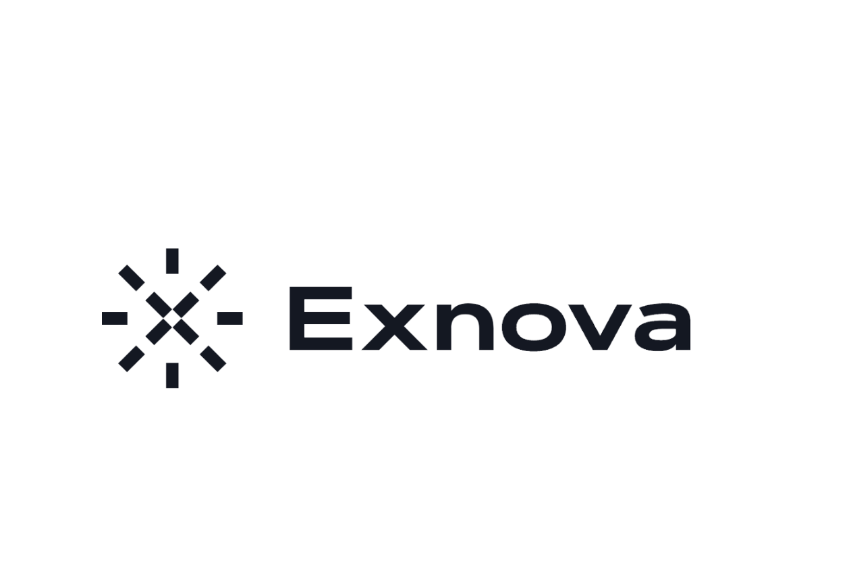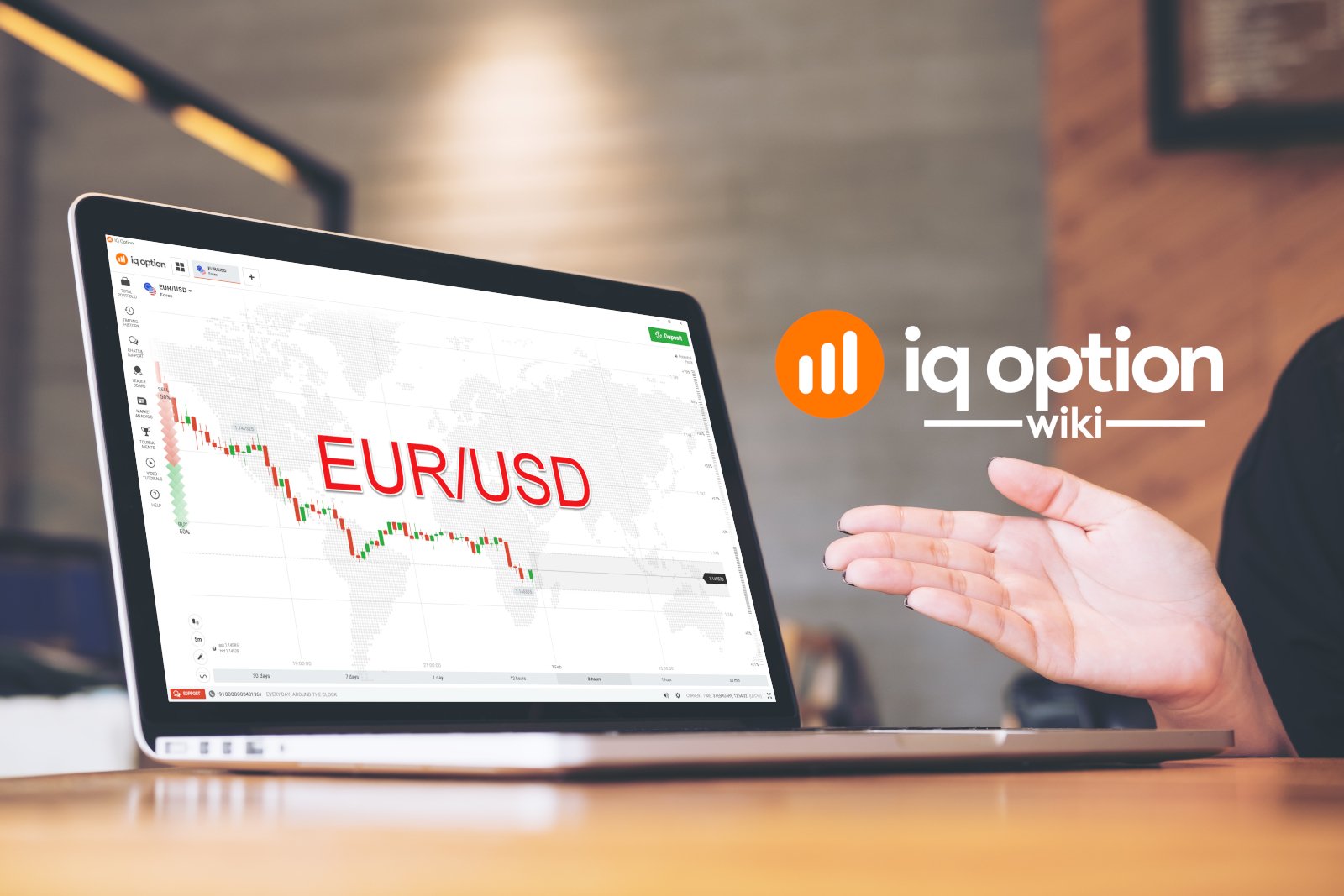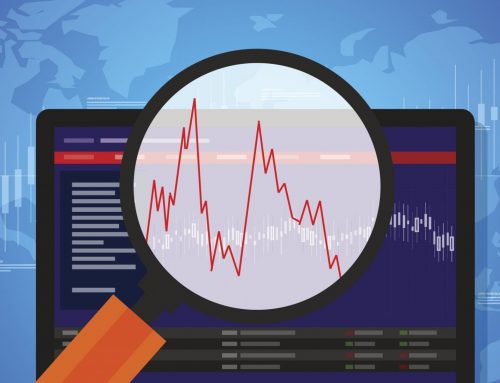It is not the right strategy and good risk management when trading with speculative financial products. Choosing the right broker plays an important role. Unfortunately, some brokers have experienced seriousness problems in the past. Fortunately, there are many providers who are conscientious. The following article will tell you how to separate wheat from chaff and which middlemen to avoid.
What does good regulation mean?
The licensing and related supervision of brokers by regulatory authorities is to ensure that customers’ rights are respected and their data and funds are well protected. Protection against money laundering and fraud is an important task for regulators. However, when regulated by a specific regulatory body, the standards that brokers must adhere to are set on their own and depend on their authority. Therefore, it is important to take a closer look at the competent authorities, even if they do not guarantee absolute severity: if the broker is regulated by a very reliable and strict authority, the broker is authorized to provide its services and must follow certain rules.
Customer funds are managed separately
An important standard prescribed by all European authorities and many non-European regulators is separate management of customer funds. These are ultimately the client’s property and cannot be used for other matters of the broker. So, the broker has to raise money to spend on advertising, management fees or elsewhere. Customer deposits are provided only to provide the necessary margin in trading. This clear segregation of funds makes it possible in many cases to repay funds to clients even in the event of a broker’s bankruptcy. Good regulators also uphold this case and ensure that bankruptcies get paid right and clients of bankruptcy brokers get their money.
Besides the fact that customer funds are managed individually, it is also important where they are managed. Again, it refers to an intermediary bank if it is a managerial financial institution.
Regulators are seeking evidence of price manipulation
Controlling the design of appropriate transaction prices is also one of the challenges of good regulators. However, in this case, it is especially difficult for market makers, whose laws are widely prevalent, because the middleman determines the price itself and therefore becomes a direct competitor of the customer in the transaction. Reputable vendors internally balance all of their clients’ trades through an automated process, protecting them from potentially losing trades by trading against overhanging positions with other vendors. Therefore, the broker earns profit exclusively from trading fees. He earns from his clients. The conflict of interest between the broker and the client no longer exists in this case as it does not matter for the interests of the broker if the client is making a profit or a loss.
But in the financial markets, you can make much higher returns if you lose a lot more money than you gain by manipulating prices, rather than hedging against your losses dealing directly with your customers. In order to detect and punish these scams, strict regulatory bodies precisely control the price development of all brokers. If irregularities arise, we will pursue them. If fraud is detected through price manipulation, brokers face high fines and their licenses are immediately revoked.
Danger warnings from broker websites
Warnings about the risks involved in trading speculative financial instruments such as Forex, CFDs and Binary Options are among the provisions imposed on brokers by regulators.
Currently, by default, the websites of online brokers have a high risk of loss, which can extend to the loss of your entire deposit.
Although the goal of all brokers is to acquire clients and make money on trading fees, this should not be done under the guise of the truth. By warning against the risk of loss in the form of speculative investment, we prevent clients from misunderstanding logging on to the broker and not being fully informed about the high risk.
Is this investment form suitable for you?
When opening a trading account, most brokers ask for personal information such as name, address and phone number, as well as information about the client’s financial situation and previous experience trading financial products. Some traders may consider it unfair when registering with an online broker (e.g. monthly income and products traded in the past), but this information helps protect clients.
For regulatory bodies complying with EU standards, this information is mandatory. Prospective customers whose planned investments in the products offered do not provide sufficient security and are therefore unsuitable are not allowed to trade, or at least prohibited from trading. A dubious broker will be able to accept all clients at this point because all traders ultimately represent a profit to the broker. Traders are not affected by inappropriate investments financially ruining inappropriate products.
Warning about “Offshore Broker”
Some brokers operating in the market are based in remote Caribbean states and are therefore regulated by local authorities. Seychelles, off the archipelago off the east coast of Africa, is a popular destination for financial service providers. Local authorities impose some conditions that regulators must meet, but they are far less stringent than EU or UK regulations. Additionally, controls are much less intense in many cases, leaving dubious intermediaries in “foreign regulation” much more opportunities for fraud.
This does not mean that all brokers based in the Caribbean or Africa are automatically dubious. However, the risk of catching the wrong broker is much higher than that of brokers regulated by institutions within Europe. The legal possibilities for traders are far better with EU regulations than with so-called offshore brokers. If it comes to lawsuits against brokers, this doesn’t have to be done on the other end of the world, and in practice traders rarely implement it. For this reason, we only recommend brokers that are specifically regulated by respected authorities and therefore subject to strict control on a regular basis.

Brokers in EU and UK
Uniform regulatory standards ensure clarity
The abbreviation MiFID stands for “Markets in Financial Instruments Directive”. If MiFID is the EU’s policy for silver, greater transparency in financial markets and good investor protection go to worry. MiFID’s goal is to make it easier for investors to invest in online brokers in European countries and within the EU. As the MiFID Directive applies to all European brokers, the provisions of individual regulators are similar. It also allows investors to easily track various conditions.
Safety guaranteed with high requirements
Brokers within the EU follow the MiFID guidelines and follow high security standards. For example, providers must ensure that the financial products offered are suitable for their customers or are too risky. Financial market transactions must be comprehensively documented so that compliance with the guidelines can be understood later. The benefits the broker receives from other providers must be disclosed to the client.
Due to strict regulations to protect customer funds and prevent fraud.
Individual EU regulators
The EU has numerous regulatory bodies. The authority regulating the supplier depends on the country where the head office is located.
In particular, many EU brokers are regulated by the Cyprus Securities and Exchange Commission (CySEC), which is responsible in the island of Cyprus. This is because Cyprus’ tax conditions for financial services companies are particularly attractive. Nevertheless, strict EU directives also apply here.
Germany-based brokers are regulated by the German Federal Financial Supervisory Authority (BaFin). However, there are few German brokers as other EU countries also offer financial benefits under similar regulatory conditions. However, if a broker maintains a branch in Germany, it is usually regulated by the German BaFin in some jurisdictions. Many brokers are registered with BaFin even without a German branch. However, this registration is not related to comprehensive regulation and responsibility lies with the country of origin.
EU brokers can also run into problems
EU regulations are designed to follow high standards and ensure the security of binary options trading, but there is no guarantee that it will never be a problem. Unfortunately, in the past, regulators have had to intervene with European intermediaries. Hedges usually work relatively well, but when payment issues arise, clients usually get paid. However, EU regulations cannot provide 100% protection against fraud or unfair business practices. Therefore, traders should always be vigilant and invest as much money in the broker as needed without major problems.
What should I do if I have problems with my broker?
If there is a problem with the transaction, for example, if the broker does not pay the account balance within a reasonable time, you should first try to explain the offerer’s customer service. If this is not successful there are other places that can help traders. Best of all, Consumer Center knows what to do in such cases. There may also be additional complaints about the broker. You can also contact the relevant regulatory authorities directly, which informs the broker of its obligations and can take further action if necessary. Especially in the case of large sums, it is recommended to consult a lawyer if in doubt. In the case of EU intermediaries, they have the advantage of being able to sue in German courts. In other words, there is no need to file a lawsuit abroad.
These brokers get warnings like:
Below we have compiled a list of brokers who advise you on registration and depositing for various reasons.
Banc de Binary: Following several issues and complaints from investors, the broker voluntarily resigned its CySEC license in January 2017, anticipating the revocation of its license.
TopOption: Broker has been one of the best online brokers for some time. However, we can no longer recommend the broker due to fraud allegations and reports of issues with fees.
GrandOption: The broker’s parent company, Rodeler Limited, was fined €156,000 by CySEC regulators for being problematic in several ways. Among other things, interventions by regulators included unfair advertising, insufficient security and brokers not responding to customer inquiries and complaints.
ZoneOptions: This cypress-based broker is not recommended.
CapitalOption: Due to the website’s lack of transparency and sometimes contradictory information, this provider cannot be recommended for binary options trading.
Options Winner: Like the intermediary TopOption, Options Winners are operated by the companySavecap Investments and therefore cannot be recommended.
OptionTrade: Broker OptionTrade ceased operations in October 2016 and is no longer available for binary options trading.
Dukascopy: The website is very confusing. There may be hidden charges when transacting through this Swiss provider. Also, since Switzerland is not a member of the EU, legal issues are more complicated than for brokers who are regulated within the EU.
OptionBit: This broker was previously regulated by CySEC. According to the OptionBit website, the broker is currently regulated by the island state of Saint Vincent and the Grenadines and is therefore one of the offshore brokers you should pay attention to for the above reasons.
Algobit: Algobit is not a broker, but rather a trading tool that identifies trading signals and gives traders recommendations on when to trade. Algobit is powered by the broker OptionBit, which is on the blacklist of brokers, so the use of this tool should also be discouraged.
General trading conditions of the broker
Before registering with a binary options broker, potential customers should read the provider’s terms and conditions completely, register and deposit once there is no further uncertainty about the exact conditions.
Pay attention to whether your broker restricts your rights as a trader according to certain provisions. For example, in the past, individual brokers often had problems with payouts because they had to meet certain conditions in advance.
You should only register if you have fully read and understood the broker’s terms and conditions and have fully agreed to them.
Even a faulty broker can lead to high losses.
Even with a reputable online broker, there is no protection against losses. It is recommended to pay attention to good regulation. However, binary options, forex and CFDs are high risk, even if the broker follows all the rules and works seriously. It is a highly speculative form of investment that can also be highly volatile, with various professional process analysis and gains and losses. Traders should always be aware of this and consider the money invested with venture capital. For example, a common mistake beginners make is investing too much money in a single position. In one, good risk management always uses only a small percentage of your total credit per trade. So, depending on the strategy you choose, no matter how many losses you continue to face, the .
Also on Funding Obligations Configured by many brokers of Forex and CFDs, traders should be aware. Positions are usually closed quickly when the required margin is no longer available, although prices are very volatile, this automatic close can only occur after a large price increase and the trader may lose more money than his or her trading account. There is. In this case, a new deposit is required to replenish the negative balance. To avoid this risk, you may deliberately choose a broker that explicitly excludes margin requirements in their terms and conditions,












